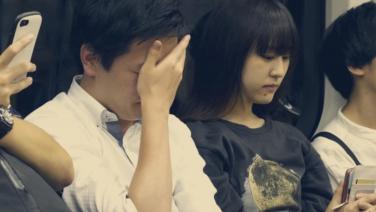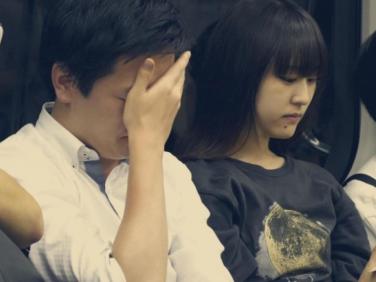The world of work has undergone evident transformations over recent decades. As Jonathan Crary says, we live in a 24/7 society, one in which production and consumption have no limits (1). Whereas work time, leisure time and sleep time were clearly delimited in the Fordist factory. These limits have been completely dissolved as a consequence of the digital revolution.
The invention of the Internet, together with devices such as PCs, laptops, tablets and smartphones, now means that spheres once clearly defined as public-private, real-virtual, production-consumption or work-leisure have been undermined to make way for a new scenario that differs from the past.
In this new scenario, availability for work is absolute. Mobile devices have become the new factory. It is increasingly impossible to close our eyes, stop typing, take a break, disconnect. We continue working day and night, at our desks but also at home, in the bar, in the park or on the metro. There is no siren announcing workers’ exit from the factory in the 24/7 society.
(1) Crary, Jonathan. 24/7. Late Capitalism and the Ends of Sleep. London: Verso, 2013.

